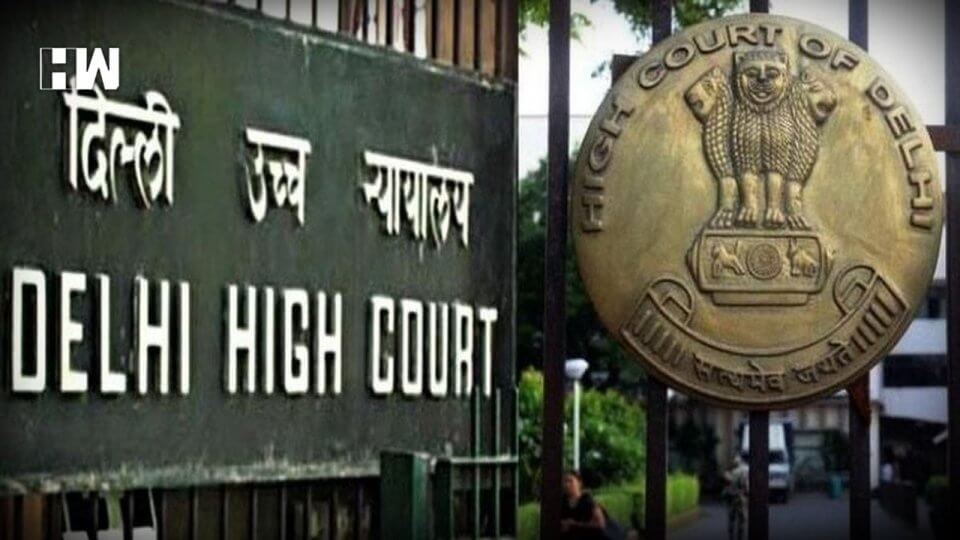New Delhi | The Delhi High Court on Monday declined to entertain a plea seeking directions to the Lok Sabha speaker to appoint a Leader of Opposition (LoP) in the House.
A bench comprising Chief Justice D N Patel and Justice C Hari Shankar said it “saw no reason to entertain the petition” as there was no law which prescribed the appointment of an LoP.
The court further said there was no statutory requirement for appointing an LoP and therefore, it saw no reason to direct the framing of a policy for such an appointment.
The bench also said that a similar plea was disposed of by the high court in 2014 without granting any relief.
With the observations, the court disposed of the PIL moved by advocates Manmohan Singh Narula and Susmita Kumari, who had alleged that the speaker was not performing his statutory duty of appointing the LoP.
They had claimed in the petition that recognising a member of the House as the leader of opposition was “not a political or arithmetical decision, but a statutory decision”.
“The speaker has to merely ascertain whether the party claiming this post is the largest party in the opposition,” they had said in the petition, which had also sought framing of a policy for appointment of the LoP.
Denying the second largest party in Parliament — the Congress — the leadership of the opposition sets a wrong precedent and dilutes democracy, they had contended.
West Bengal’s Behrampur MP Adhir Ranjan Chowdhury has been elected as the leader of the Congress parliamentary party in the Lok Sabha.
The petition had said that under the Salaries and Allowances of Leaders of Opposition in Parliament Act of 1977, the person who is the leader of the numerically biggest party in opposition to the government is considered as the LoP.
“That in the new Lok Sabha, with 52 members, the Congress is the largest party in the Opposition, and is therefore the rightful claimant to this post under the law,” it had said.
The petition had also contended that there is no condition in the Salaries and Allowances of the Leader of Opposition in Parliament Act that the party in opposition has to have a strength of 10 per cent of the total MPs in the House for its leader to be recognised as the LoP.
As an independent media platform, we do not take advertisements from governments and corporate houses. It is you, our readers, who have supported us on our journey to do honest and unbiased journalism. Please contribute, so that we can continue to do the same in future.

